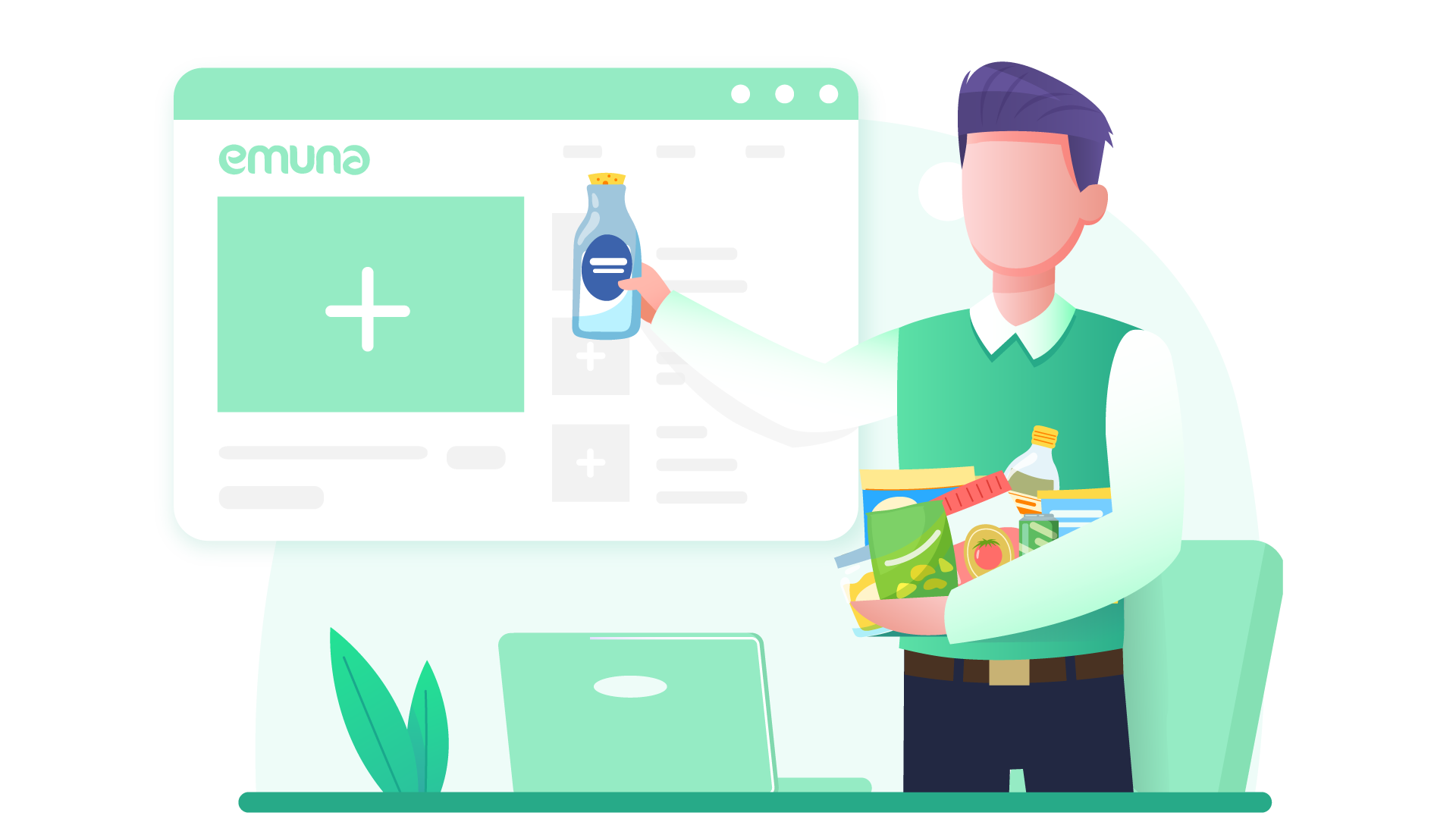Additives
-
A caramel dye produced by heating sugar with ammonia. It may contain potentially carcinogenic compounds and is restricted in some countries, such as the United States.
Restricted
-
(Lactoflavin or Vitamin B1) Nature-identical dye. Can be obtained from brewer's yeast. Also known as Vitamin B2 and naturally occurs in food. Mostly synthetically produced. Considered safe. Approved for all foods. Maximum dose: 1.4mg (average daily dose).
Not Restricted
-
Acidulant, flavor enhancer, preservative; naturally occurring in citrus fruits but often derived from molds; used in beverages, confectionery, and canned foods. Side effects are rare but may cause allergic reactions or digestive issues in sensitive individuals.
Not Restricted
Additives
-
A caramel dye produced by heating sugar with ammonia. It may contain potentially carcinogenic compounds and is restricted in some countries, such as the United States.
-
(Lactoflavin or Vitamin B1) Nature-identical dye. Can be obtained from brewer's yeast. Also known as Vitamin B2 and naturally occurs in food. Mostly synthetically produced. Considered safe. Approved for all foods. Maximum dose: 1.4mg (average daily dose).
Not Restricted
-
Acidulant, flavor enhancer, preservative; naturally occurring in citrus fruits but often derived from molds; used in beverages, confectionery, and canned foods. Side effects are rare but may cause allergic reactions or digestive issues in sensitive individuals.
Not Restricted






